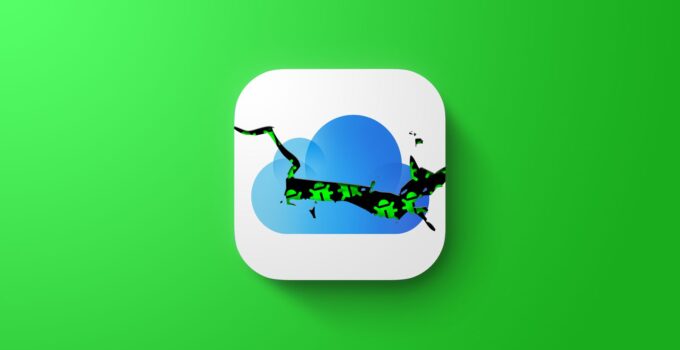Critical Bug in macOS 14.4 Leads to Loss of iCloud Drive File Versions: What You Need to Know. A recently discovered glitch in macOS 14.4 is causing significant concern among iCloud Drive users. This issue pertains to the unintended deletion of file versions stored within iCloud Drive, a problem specifically linked to the latest macOS update. This glitch poses a risk to those who rely on the automatic versioning feature of macOS, which saves previous iterations of files, allowing for easy restoration if needed.
Revolutionizing Gaming: Asus Introduces the 34-Inch Curved ROG Swift OLED PG34WCDM Monitor
The core of the problem lies in the interaction between iCloud Drive and the “Optimize Mac Storage” setting on devices running macOS 14.4. Normally, macOS is designed to automatically create and save versions of files when modifications are made through compatible applications. These versions are stored in iCloud Drive, offering a safety net for users to revert to earlier versions of their documents. However, a critical oversight in macOS 14.4 has emerged, where deleting a file from the local storage of iCloud Drive not only removes the current file but also erases all its associated previous versions.
This issue was not present in macOS Sonoma 14.3 or in macOS Ventura, indicating that it is a unique bug to macOS 14.4. The consequence of this bug is severe for those who routinely depend on macOS’s versioning system to safeguard their work. When a file is removed from local storage on iCloud Drive — an action performed by selecting “Remove Download” from the file’s context menu — all saved versions of that file are also permanently deleted from the device.
The implications of this are particularly troubling for users who have enabled the “Optimize Mac Storage” feature. This feature, designed to free up disk space by storing files solely in iCloud while retaining placeholders on the local drive, now inadvertently triggers the loss of file versions once a file is designated for removal from local storage.

For individuals who have updated their systems to macOS 14.4, the recommendation is to exercise caution with file storage practices. Users are advised to either avoid storing files in iCloud Drive for the time being or to disable the “Optimize Mac Storage” option altogether. Disabling this feature can be done through the System Settings. Users need to navigate to their Apple ID settings, select iCloud, and then turn off the feature. It’s worth noting that this action may need to be repeated, as there have been instances where the setting re-enables itself unexpectedly.
In response to this issue, users are encouraged to maintain regular backups of their important files, using external drives or alternative cloud services, until a fix is provided. Additionally, for critical workflows that rely on file versioning, exploring third-party version control systems might provide a more reliable solution during this period.
The discovery of this bug underscores the importance of thorough testing and quality assurance processes in software development, especially when dealing with features that handle user data. As the macOS user community awaits a resolution, this situation serves as a reminder of the vulnerabilities that can emerge even within well-established systems.
